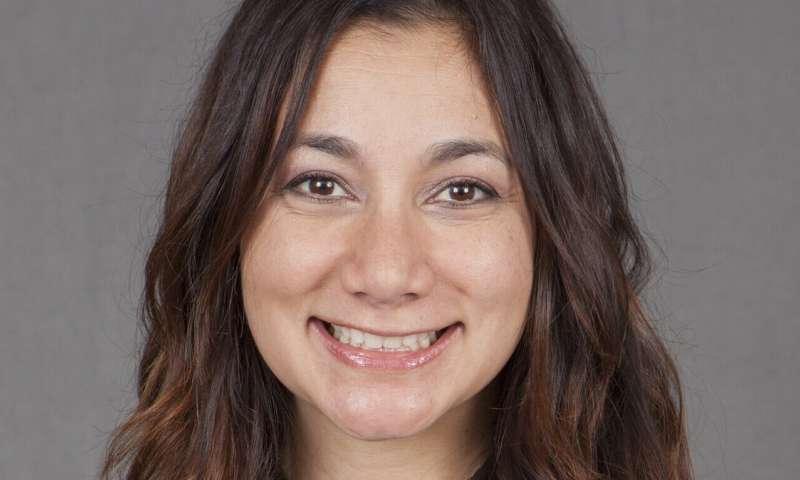Team investigates why candidates for cochlear implants rarely get them

Many hearing loss patients are cochlear implant candidates, but few use this technology that could improve their hearing and quality of life.
University of Miami and University of Michigan researchers looked into why. Their results were published Dec. 12 in JAMA Otolaryngology-Head and Neck Surgery.
Researchers surveyed U.S. audiologists from academic centers, hospitals and large cochlear implant centers, asking how they preoperatively assess adults for cochlear implant candidacy. Based on the 92 completed surveys analyzed for the study, the findings were “eye opening,” according to the paper’s lead author, Sandra Prentiss, Ph.D., CCC-A, assistant professor of otolaryngology at the University of Miami Miller School of Medicine.
“Currently, cochlear implant candidacy testing protocols are not streamlined. The survey identified wide variability in how clinics and providers are determining candidacy for patients who may benefit from the technology,” Dr. Prentiss said. “The problem is that if there is too much variance, potential candidates will not have the same access to this good treatment option.”
Cochlear implants are a greatly under-utilized treatment for hearing loss. Dr. Prentiss said fewer than 9% of people who are candidates for cochlear implants use this technology. Part of the reason appears to be that the criteria for candidacy have changed in recent years and many providers do not know about the changes or have not implemented them in practice.
“Fifteen years ago, candidacy was pretty straightforward in that only people with severe-to-profound hearing loss were candidates,” Dr. Prentiss said.
Advances in surgical technique and electrode design have improved outcomes among cochlear implant patients. As a result, the FDA has expanded the criteria for cochlear implants to include people with lesser degrees of hearing loss. This includes elderly people with age-related hearing loss who have not benefited from hearing aids, according to Dr. Prentiss.
“We found that some audiologists are still using old testing methods which will not capture those people who have better than severe-to-profound hearing loss and could potentially benefit from cochlear implants,” she said. “This lack of knowledge of new criteria likely plays a large role in the under-utilization of this technology.”
Another potential hurdle is there are no clear guidelines for how to best test patients. The testing should go well beyond what a person’s hearing looks like on paper, and should include assessing quality-of-life factors, the patient’s access and willingness to participate in rehabilitation exercises, and a patient’s cognitive state, according to Dr. Prentiss.
“We’ve seen that age alone is no longer a contraindication for cochlear implants. We have to be able to capture these people that have progressive hearing loss and are not doing well with hearing aids. Those patients may not have access to the technology because a lot of providers don’t realize that you can have quite a bit of hearing and still benefit from a cochlear implant,” she said.
The message to physicians who encounter patients complaining of hearing loss is to refer them for a cochlear implant evaluation, according to Dr. Prentiss.
“If you have a patient who is really struggling and his or her quality of life is going down because of hearing loss, it’s never a bad thing to refer that patient to get a cochlear implant evaluation. At least if they are referred, we can get an idea of how they are performing in noise and their overall quality of life. If they don’t meet candidacy criteria then maybe we have a baseline and can look for other options that might help them.”
Other solutions to the problem include developing clear guidelines for cochlear implant evaluations, as well as educating providers, including audiologists, about current best practices for determining if patients are candidates.
“I’m writing a paper with the support of the American Cochlear Implant Alliance, the largest national organization for cochlear implants, in an effort to inform hearing health care professionals what cochlear implant candidacy looks like today and when it may be appropriate to refer for an evaluation,” Dr. Prentiss said.
Source: Read Full Article



